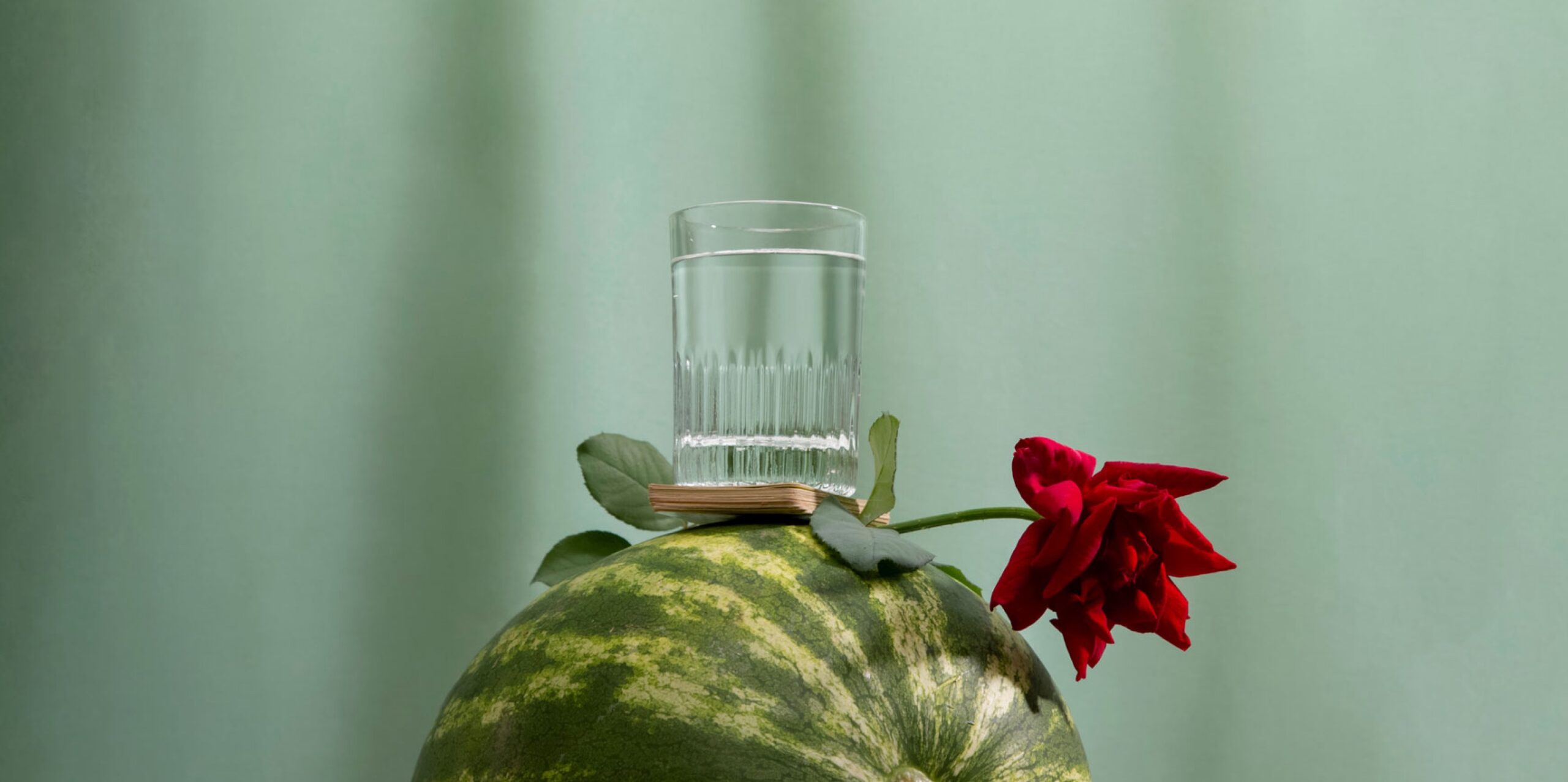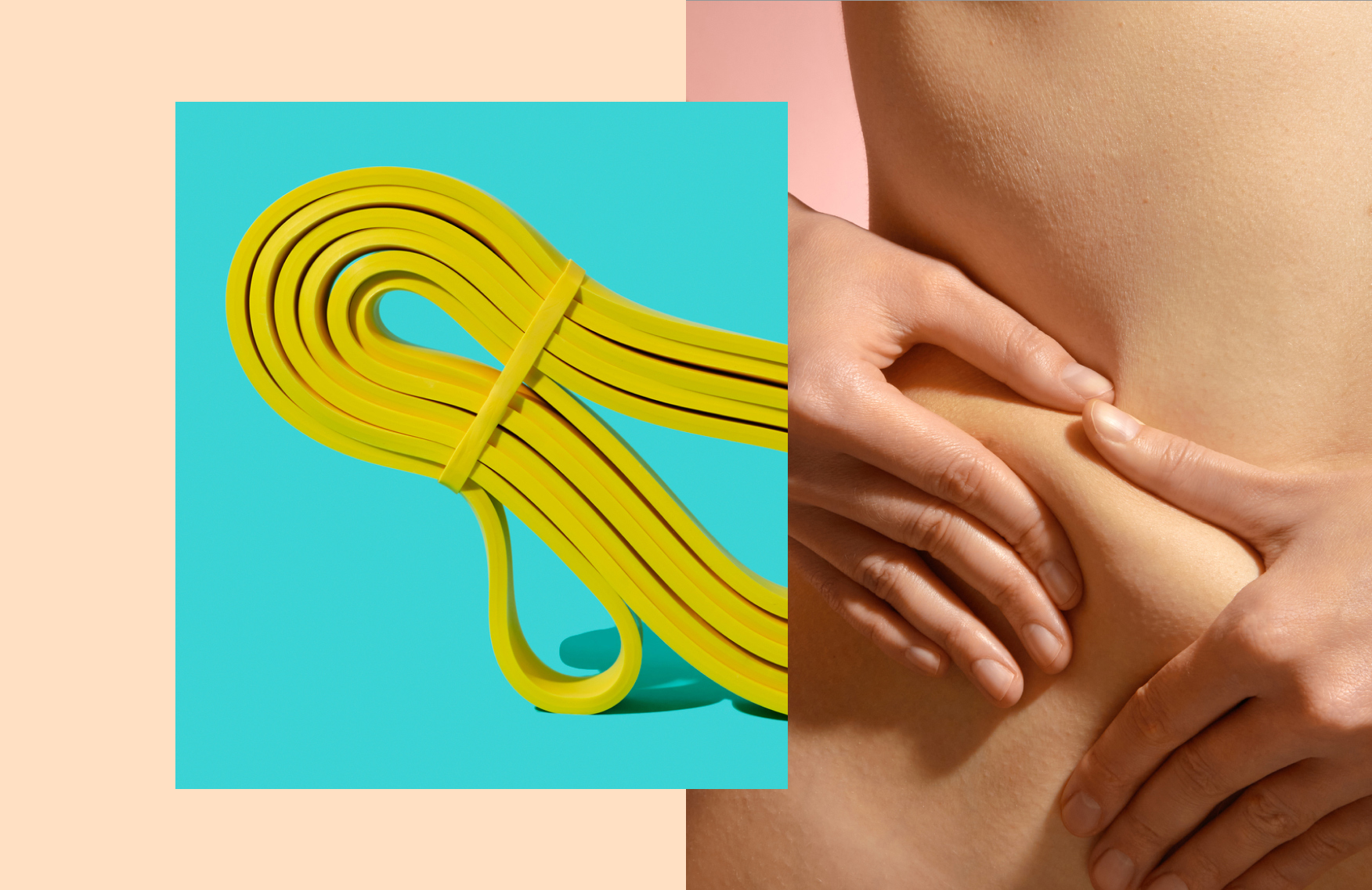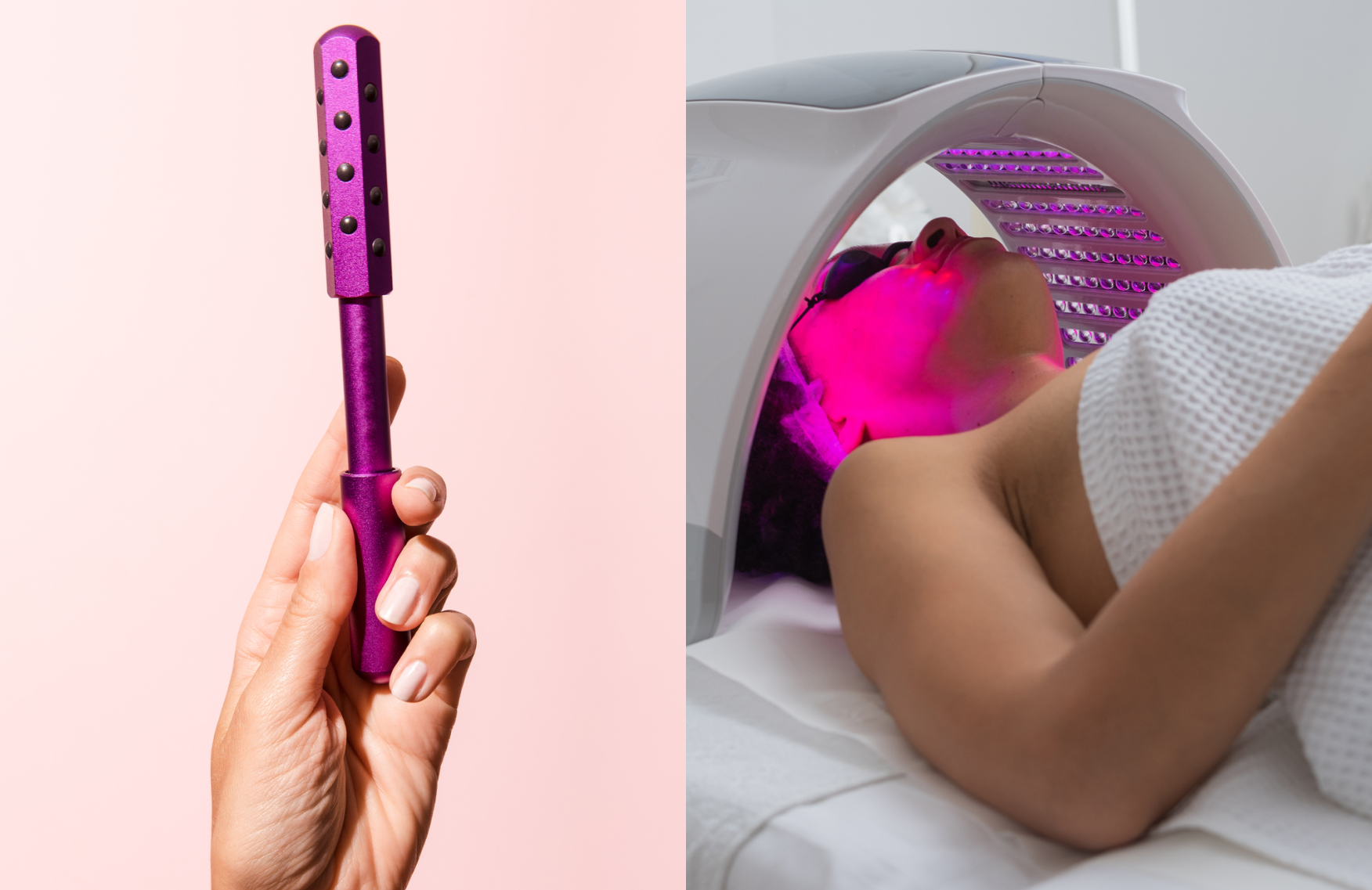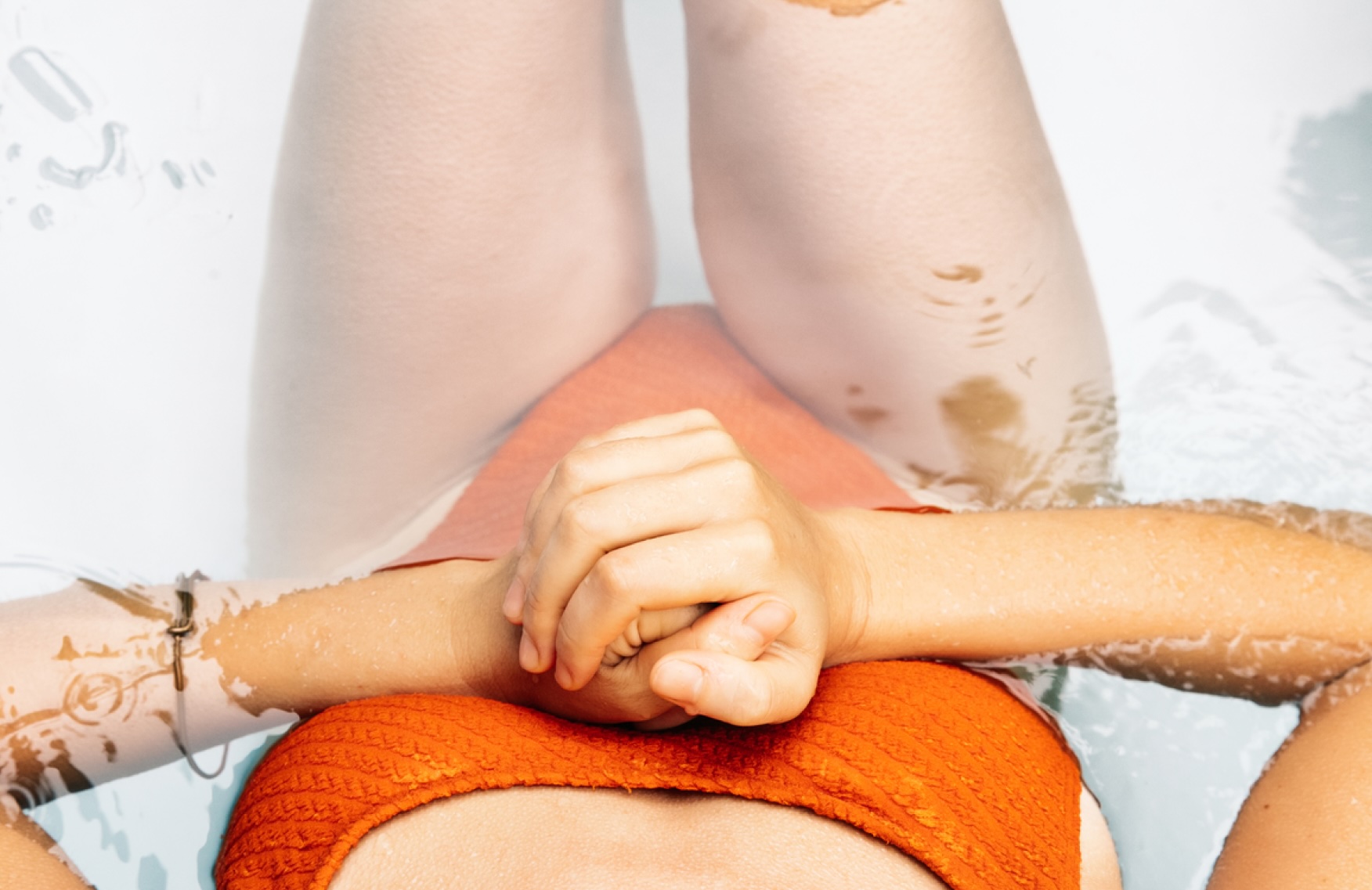Forget 8 glasses. Try 15.5 cups of water per day. Debunking the rule you’ve been drinking up your whole life

We all know proper hydration is essential for our health, but since every body is different, figuring out how to hydrate can be confusing. For example, who says 8 glasses a day is actually what you need? And could chugging too much water be bad for you? If so, how much is too much? Read on as board-certified dermatologist Dendy Engelman, MD answers all:
How does hydration work?
When you remember that the human body is comprised of 60 percent water, the importance of internal hydration becomes a no-brainer. But most of us without a medical degree don’t know much beyond the mere fact that drinking water is good for us. “We need water for our cells to function properly, receive nutrients and flush away toxins,” Dr. Engelman explains. “Internal hydration aids digestion, circulates blood flow, carries oxygen and nutrients to the cells and regulates kidneys.” So, if you’ve ever been told to drink water to cure what ails you, there may actually be some truth to that. Proper water intake helps us regulate our temperatures and has even been researched for its role in staving off migraines.
Do I really need 8 glasses a day?
“The right amount of water for you depends on external factors including, weight, height, sex, daily activity levels and dietary choices,” Dr. Engelman says. “However, the general consensus among expert is that a healthy amount of water per day is about 15.5 cups for men and 11.5 cups for women.” And not just water from your faucet. Water-dense foods and beverages that contain water all add up to your daily hydration goal—in addition to giving your body vitamins and minerals necessary for function. “Water-rich foods in your diet, such as berries, apples, watermelon, cucumber, broccoli and zucchini, are not only hydrating, but they also have ample nutrients to promote natural cell growth, skin defense and overall barrier health.”
Internal hydration doesn’t necessarily equal luminous skin.
Is it good for you? Absolutely. Will it keep plump your skin? Maybe not. Celebs and skincare influencers touting water intake as their best kept complexion secret isn’t a new phenomena, but it’s time to finally put this misconception to rest. “Unless you were severely dehydrated, drinking water doesn’t typically affect the level of hydration in the skin,” Dr. Engelman says. “I have patients with oily skin who barely drink any water and I have patients with severely dehydrated, dry skin who drink gallons a day.” If you’re looking to increase hydration in your skin, you’re going to want to take a different approach. Dr. Engleman recommends focusing on preventing trans-epidermal water loss and “adding hydration into the skin when we are trending towards dryness.”
How to spot dehydrated skin (and nip it in the bud).
“Symptoms of skin dehydration include itchiness, flaking or cracked skin, more prominent fine lines and dark circles, dullness and increased sensitivity,” Dr. Engelman says, explaining that hydrated skin will appear plump, youthful and slightly glowy. “You can utilize the pinch test as well: Give your cheek a slight pinch and if it bounces back immediately, your skin is properly hydrated.” You can help keep your skin hydrated by using topical products that act as humectants (attracts moisture), occlusives (traps moisture) and emollients (softens) in your daily morning and evening skin routines. Yep, it’s that simple.
References for this information:
National Library of Medicine, January 2019
The views expressed in this article do not necessarily represent the views of Murad, and are for informational purposes only, even if the advice of physicians and medical practitioners are included. This article is not a substitute for professional medical advice, diagnosis or treatment, and should not be considered specific medical advice.


